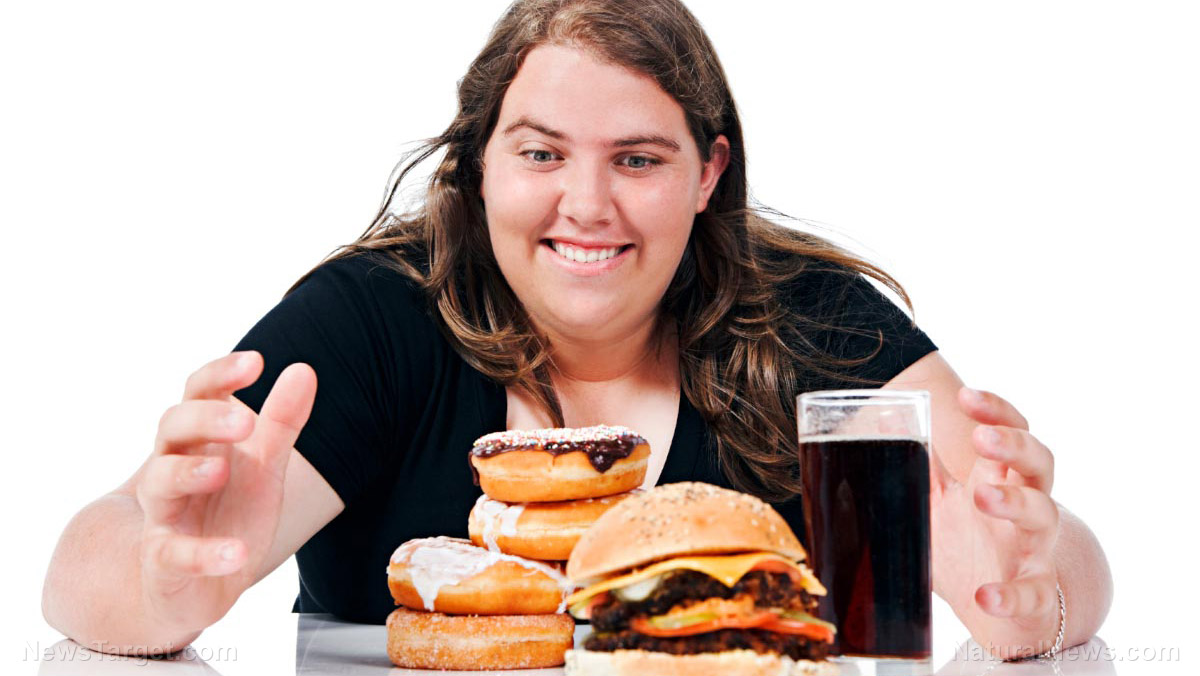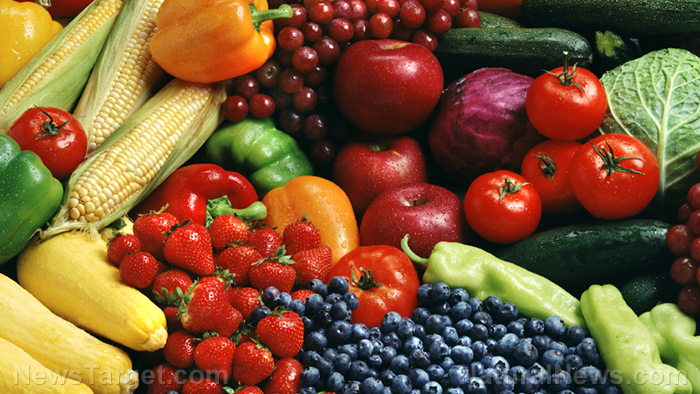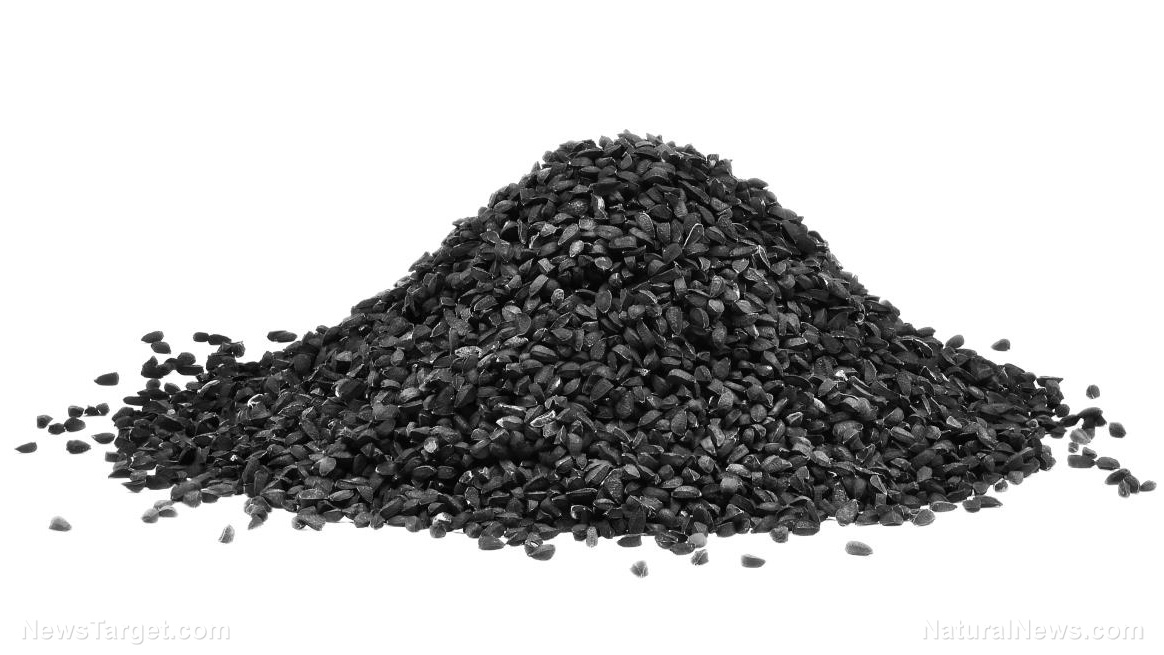You are being conned: Former Big Food ad exec unveils marketing tricks used by food manufacturers that persuade you to “super-size it”
01/08/2018 / By Frances Bloomfield

Many believe in the saying “bigger is better”, and it’s this adage that has become a common marketing ploy in the food industry. According to former McDonald’s advertising executive Dan Parker, this is but one of many tricks being used to fool people into eating supersized food portions. Another one is to reduce the size of certain foods without changing the price, leading people to view the family-sized versions being better in terms of value.
Speaking to the DailyMail.co.uk, Parker cited two examples that demonstrated these maneuvers. The first was the Mars Galaxy chocolate advert that featured a computer-generated version of British actress Audrey Hepburn. In the commercial, Hepburn chooses to sit at the back seat of a car instead of next to a male admirer so she could consume a large chocolate bar by herself. “This creates the illusion that a 100g or so chocolate bar is a single portion for someone as glamorous, slender and admired as ‘Audrey’,” said Parker.
The second was a Walkers commercial starring Gary Lineker, former English footballer turned sports broadcaster. Lineker is visited at a hospital by his children. He speaks glowingly of various chips found in his large bag of Walkers MixUps, leading his children to incapacitate him further to steal his chips. Parker explained that both of the commercials “promote hefty portion sizes.”
He added that these maneuvers are how food manufacturers are sustaining the obesity epidemic. In fact, in the same article, it’s revealed that single chocolate bar sales in the U.K went down by five percent (approximately 130 million Pound sterling). Consequently, the sales of both 100g chocolate bars and share bags went up by 7.6 percent (420 million Pound sterling) and 2.7 percent (300 million Pound sterling), respectively.
Parker went on further to compare the food industry to Big Tobacco, the largest tobacco industry companies that have since become known for their deceptive advertising. “I think what the food industry does now will define where it lands. If it behaves like tobacco it will end up being treated like tobacco. And I think it is behaving like tobacco,” Parker remarked. (Related: Food industry giants had big hand in writing US dietary guidelines; nutrition experts bewildered by useless advice.)
As such, Parker believes that combating the obesity crisis lies in the regulation of junk food advertising and proper food portioning. In addition to cutting down total food consumption by 10 to 20 percent, people should also reduce their ingestion of unhealthy food by 20 to 30 percent. Never mind the food industry-funded research crowing about how the lack of exercise is responsible for the rising cases of obesity.
“It’s all about deflecting it away from being about what we eat. The very inconvenient truth that nobody wants to talk about is that to resolve the obesity crisis, we need to eat less food. And we need to particularly eat less unhealthy food which generally comes in a packet and has a logo on it and is generally owned by a very large multinational corporation,” he said.
Parker, who was diagnosed with type-2 diabetes several years ago, claims to have reversed his condition by adhering to a strict diet and healthy lifestyle. With a renewed sense of vigor, Parker went on to found the charity Living Loud, wherein he assists anti-obesity campaigners in getting their messages across through his advertising skills. To that end, he’s partnered up with the likes of the Jamie Oliver Food Foundation, a global campaign dedicated to helping people understand, access, and consume better, healthier food.
Only time will tell if Parker’s efforts will help abate the effects of the obesity epidemic.
Find more stories about the science of food composition and food marketing at FoodScience.news.
Sources include:
Tagged Under: Advertising, Big Food, brainwashed, fast food, food, food supply, ingredients, nutrition, obesity, obesity crisis, obesity epidemic, persuasion, supersize portions




















